By Manisha Sahu, America News World
October 3, 2025

President Donald Trump has escalated America’s war on drugs by declaring that Caribbean drug cartels are “unlawful combatants.” The announcement reframes cartels from being treated as criminal groups to being considered part of an ongoing armed conflict against the United States.
The declaration comes after the U.S. military launched three deadly strikes last month on suspected drug smuggling boats in the Caribbean, two of which reportedly originated in Venezuela. Pentagon officials notified Congress of the policy shift on Wednesday, according to reports from the Associated Press.
This move has far-reaching consequences for U.S. counter-narcotics strategy, international law, and military operations in Latin America.
What Does “Unlawful Combatant” Mean?
Under international law, an unlawful combatant is an individual who participates in armed conflict without the legal protections given to regular soldiers. Unlike lawful combatants, they are not part of a recognized army or militia.
The U.S. previously applied this designation to Taliban and Al Qaeda fighters captured after the September 11 attacks. It allowed Washington to hold detainees in Guantanamo Bay and prosecute them in military tribunals rather than civilian courts.
By labeling drug cartels the same way, the Trump administration is elevating them to the level of non-state armed groups, effectively treating cartel activity as warfare rather than crime.
Trump: U.S. in a “Non-International Armed Conflict”
President Trump said the United States is now engaged in a “non-international armed conflict” with these cartels. This legal framing means the U.S. believes it is at war with non-state actors operating outside its borders.
The practical effect is significant:
- Military force can be used more freely.
- Rules of engagement for counterterrorism may now apply.
- Suspects could face detention without standard due process.
U.S. Military Strikes in the Caribbean
The announcement follows three recent U.S. military operations in the Caribbean Sea. According to defense officials:
- At least two vessels originated from Venezuela, raising alarms about the country’s growing role in drug smuggling.
- The strikes destroyed boats and narcotics shipments.
- Fatalities were reported, though official numbers remain undisclosed.
Analysts suggest these strikes were the first demonstration of the expanded legal authority granted by the new classification.
From Terrorist Label to Combatant Status
This escalation is part of a broader Trump administration strategy. In February 2025, Washington designated eight Latin American cartels and gangs as global terrorist organizations, including:
- Tren de Aragua (Venezuela)
- MS-13 (El Salvador)
- Gulf Cartel, Jalisco New Generation Cartel, Northeast Cartel, New Michoacan Family, and United Cartel (Mexico)
The rationale was that these groups go beyond drug trafficking, engaging in human smuggling, migrant exploitation, and violent territorial control.
By now treating them as unlawful combatants, the U.S. has shifted from financial sanctions and law enforcement cooperation to military confrontation.
DOJ Restructuring Sends Mixed Signals
At the same time, the U.S. Justice Department (DOJ) is undergoing a major reorganization. According to Reuters, Attorney General Pam Bondi approved a restructuring in September that:
- Eliminates around 275 positions
- Shuts down a special task force targeting cartels
- Drops a plan to merge the DEA with the ATF
About 140 employees will be reassigned or let go. While the military’s role against cartels expands, the DOJ’s long-standing focus on financial crimes, prosecutions, and intelligence coordination is being scaled back.
Critics argue this sends conflicting signals — militarizing the fight on one hand, while cutting resources for law enforcement efforts on the other.
Supporters vs. Critics
Supporters of Trump’s move argue that cartels increasingly resemble armed insurgent groups rather than ordinary criminals. With access to high-powered weapons, armored vehicles, and drones, they have launched attacks on police and civilians, destabilizing entire regions.
“Treating them as combatants recognizes reality,” said one U.S. defense analyst. “They are waging war, not just running drugs.”
Critics, however, warn of dangerous precedents. Human rights advocates fear the erosion of legal safeguards and warn that labeling cartels as combatants could justify indefinite detentions, drone strikes, and cross-border raids.
Foreign policy experts also caution that this approach could strain U.S.–Mexico relations and complicate cooperation with regional governments wary of American military action on their soil.
What This Means for the Future
The Trump administration’s decision represents one of the most significant shifts in U.S. counter-narcotics policy in decades. By moving from a “war on drugs” metaphor to an actual armed conflict designation, Washington is reshaping its role in Latin America.
Whether this strategy will curb the flow of narcotics or lead to greater instability remains uncertain. What is clear is that America’s war on cartels has entered a new, militarized phase — one that may shape U.S. foreign and defense policy in the Western Hemisphere for years to come.
Discover more from AMERICA NEWS WORLD
Subscribe to get the latest posts sent to your email.
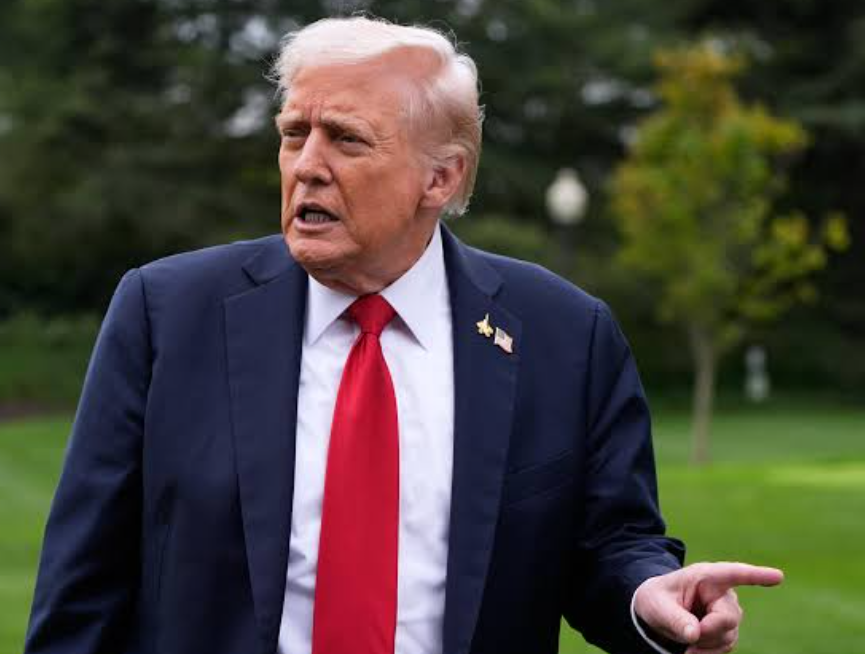

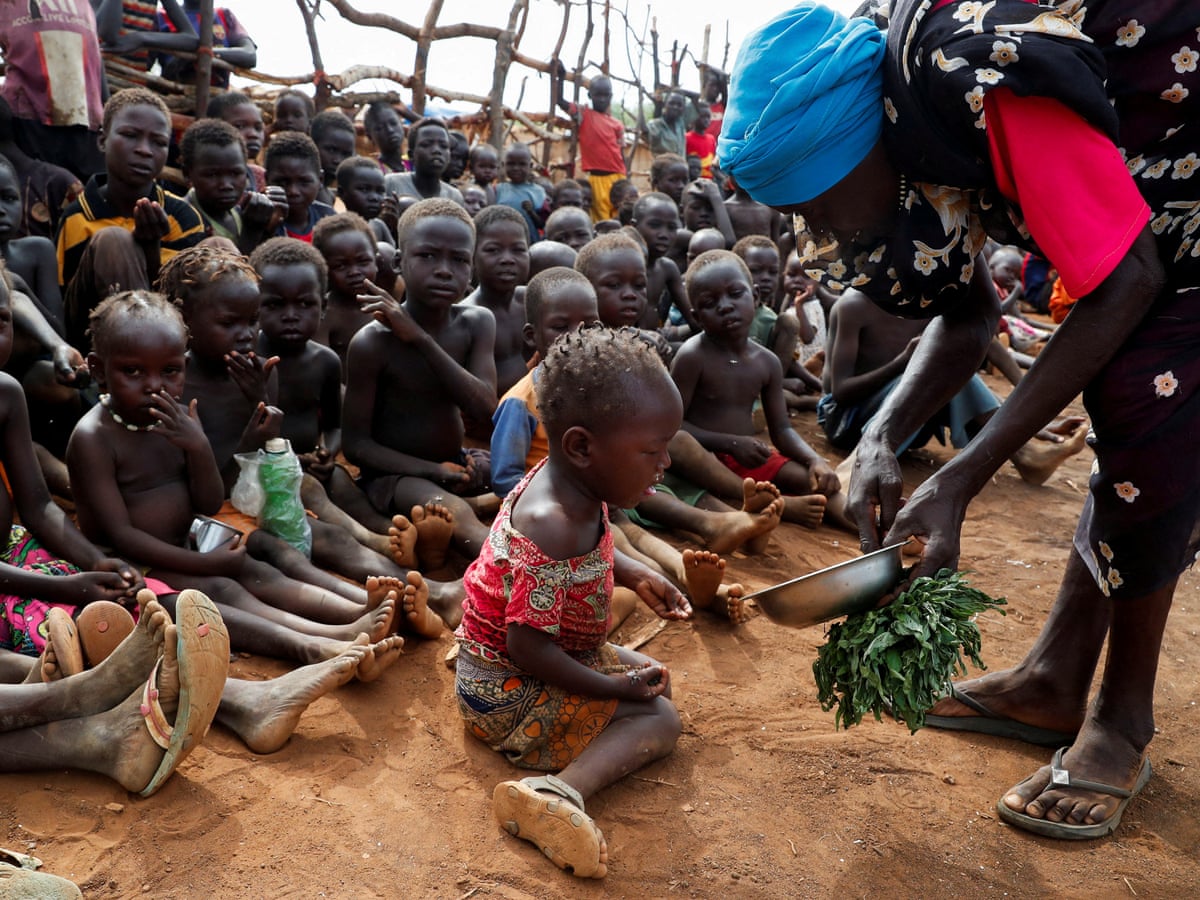



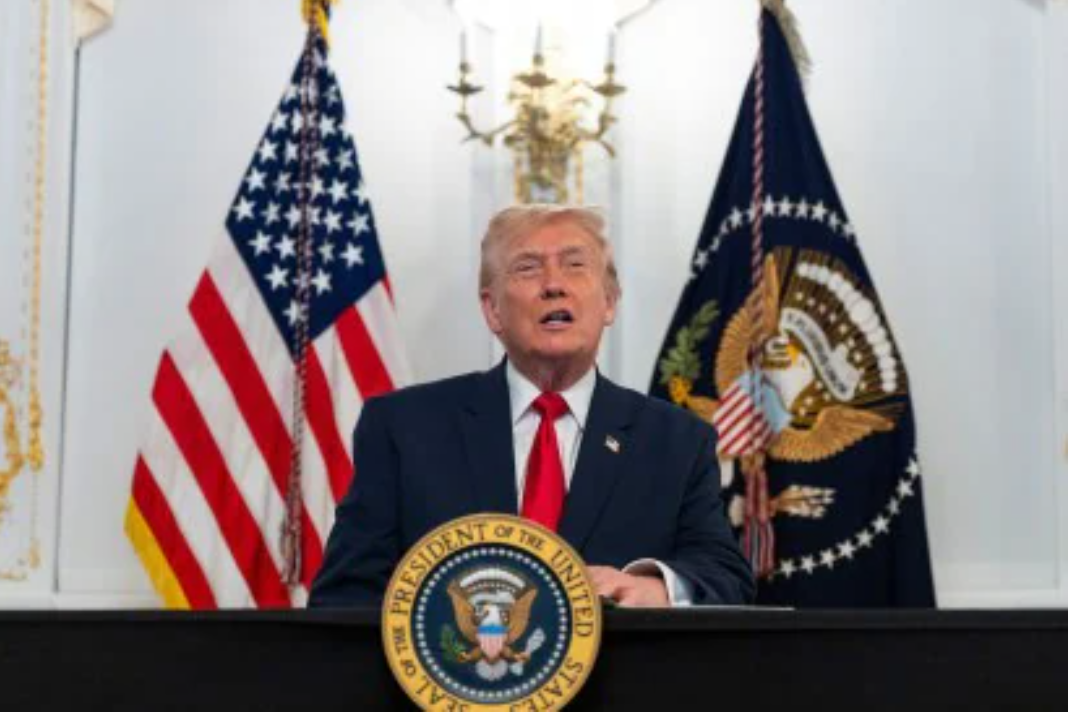
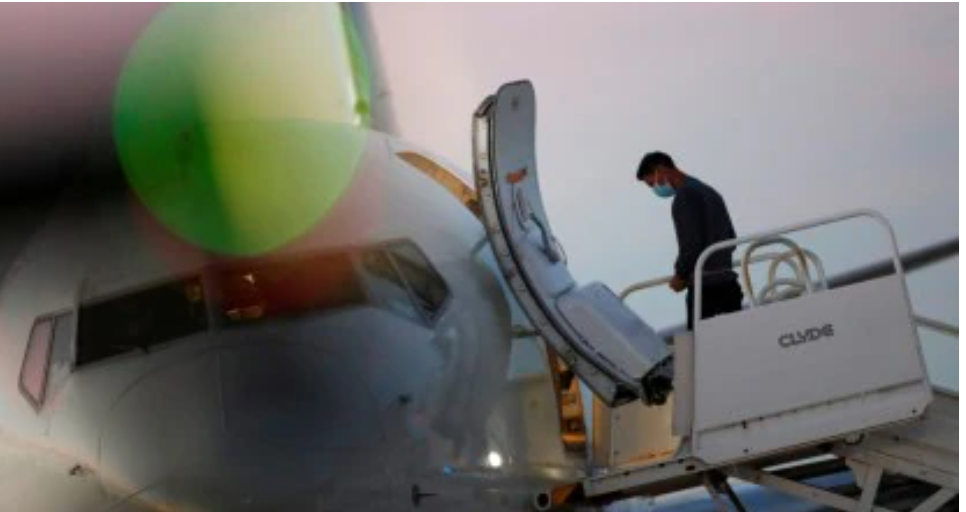



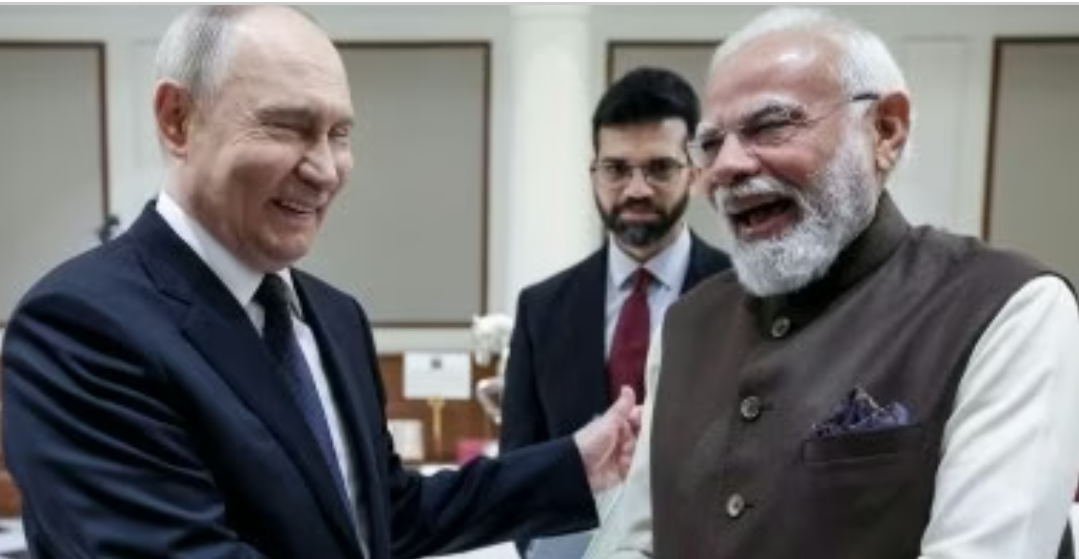
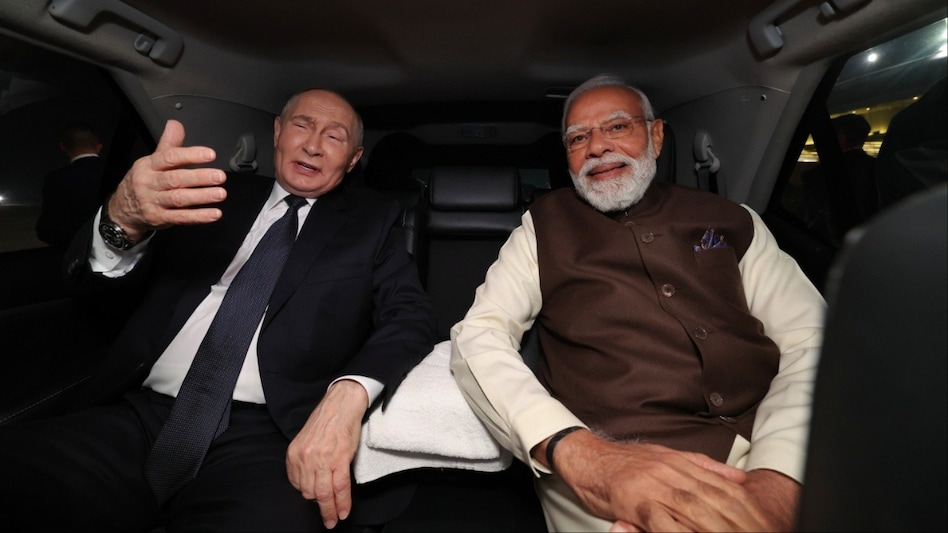
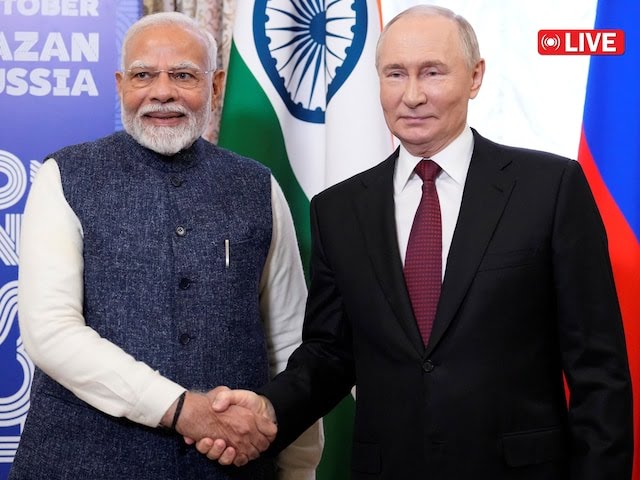

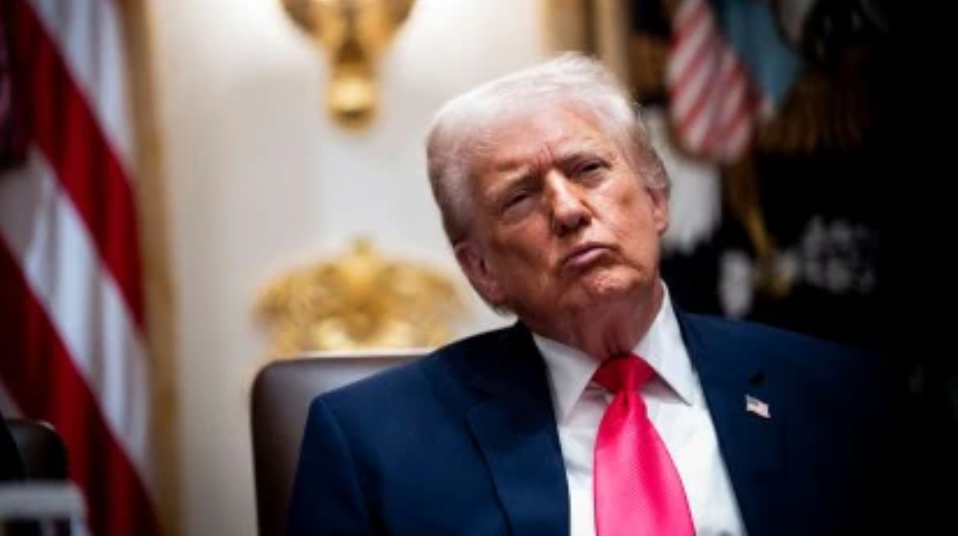
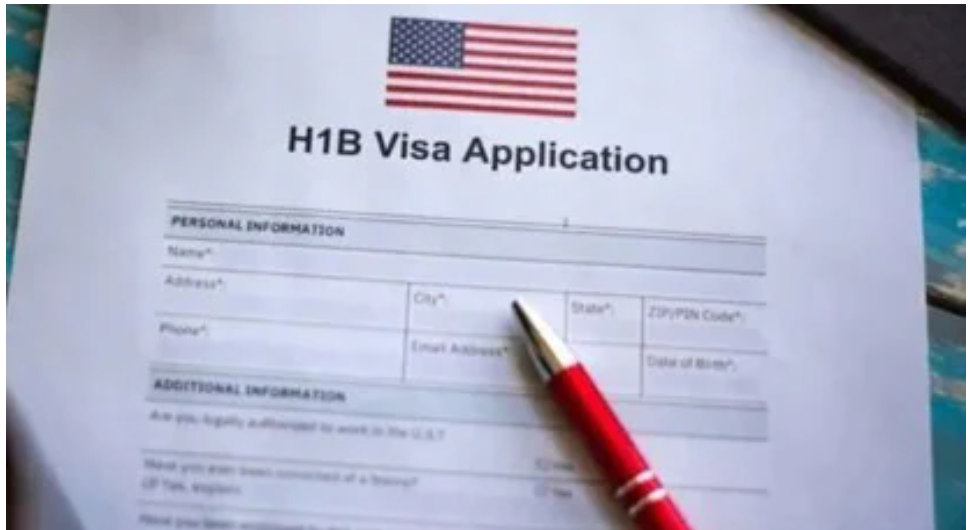
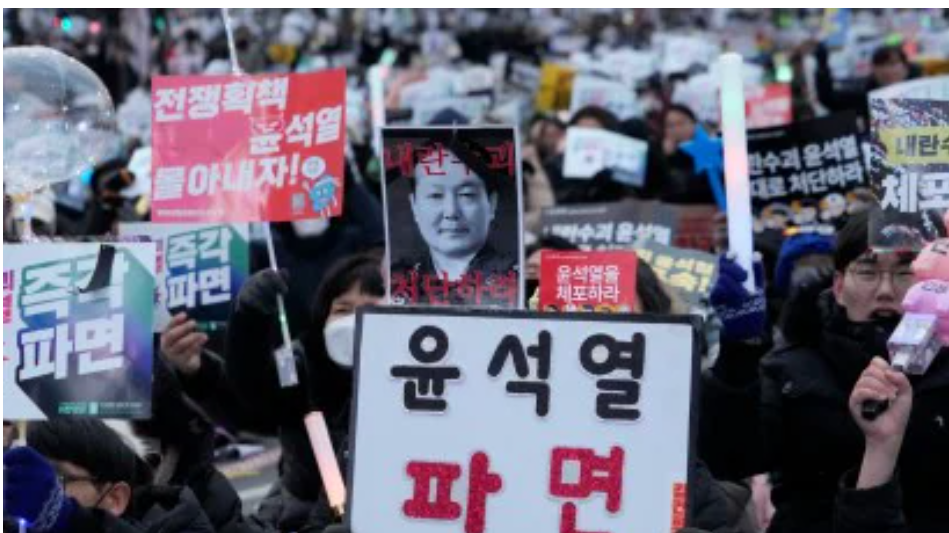


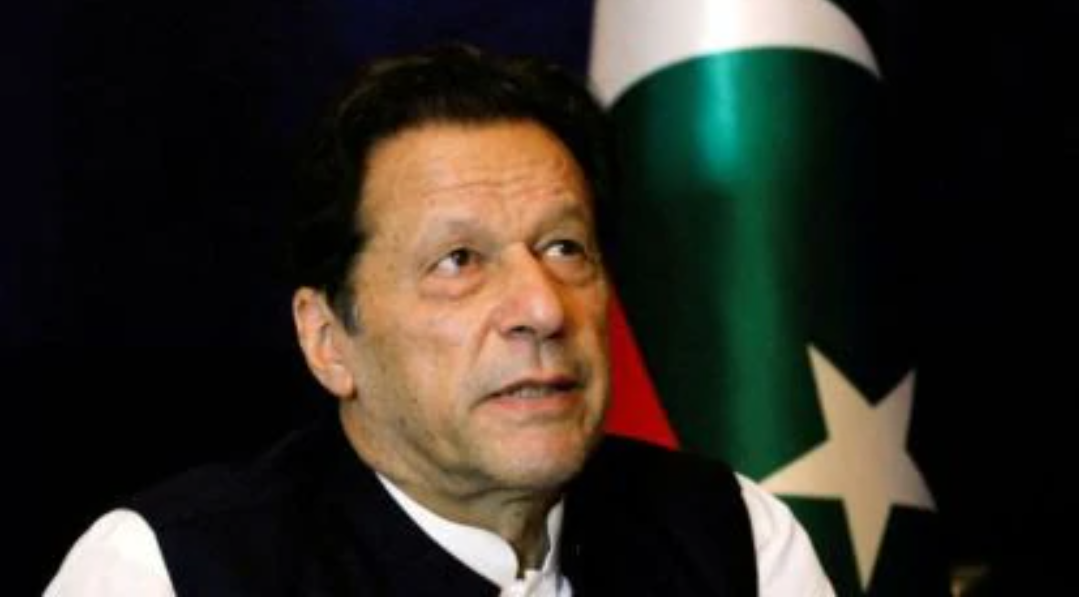




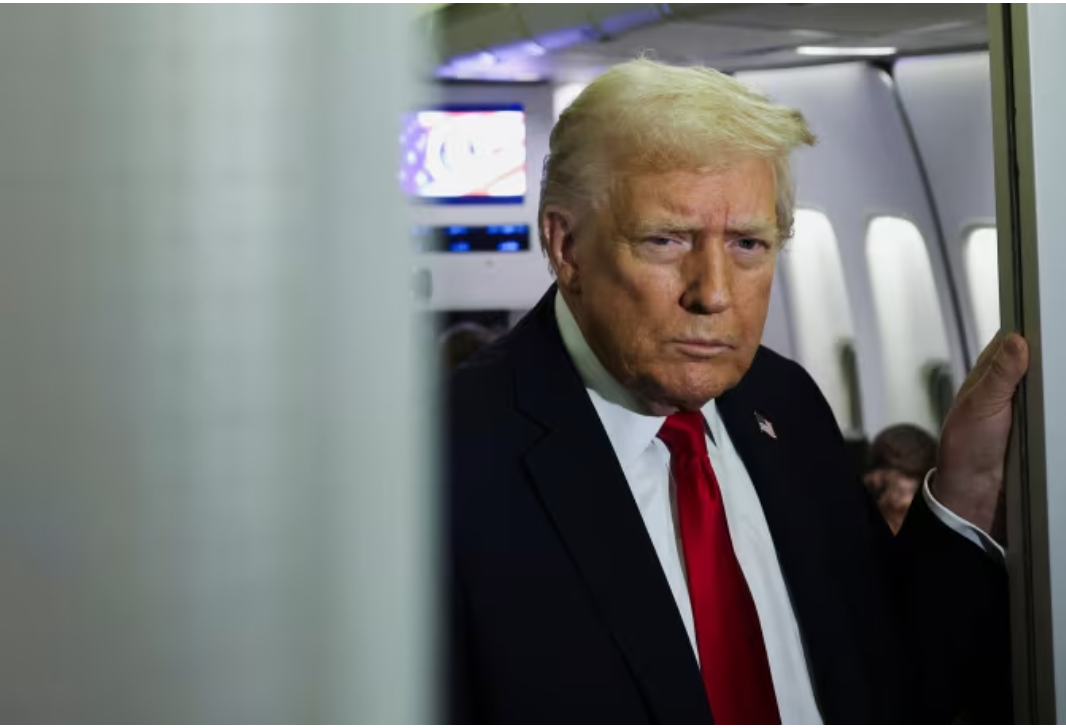







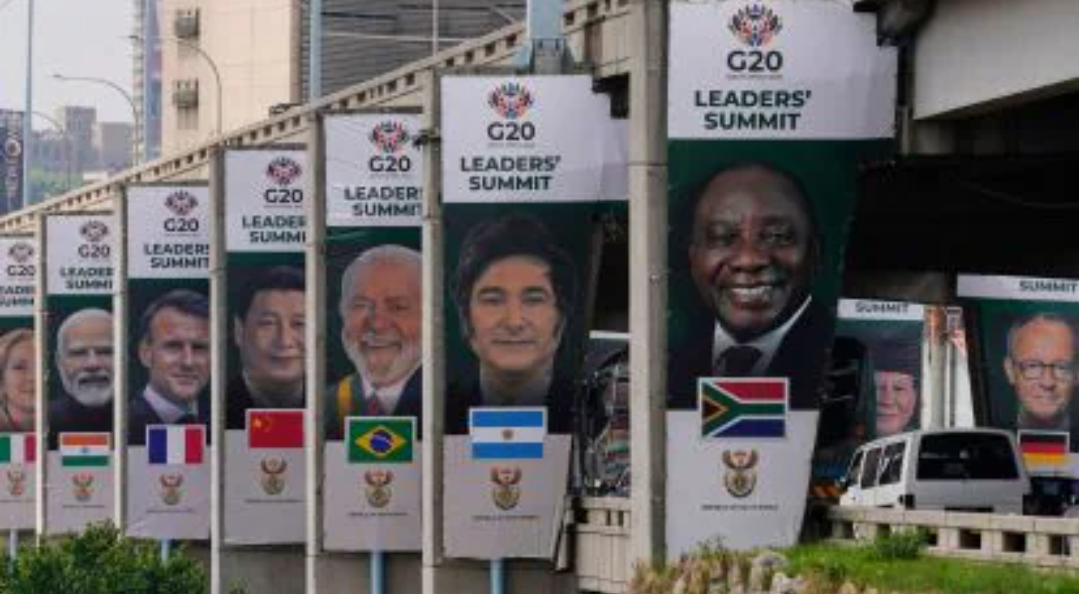
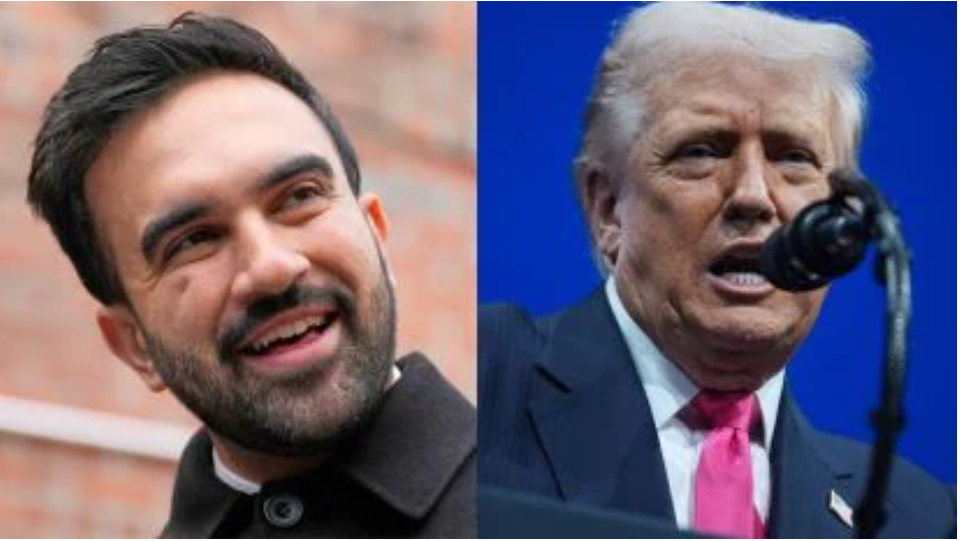





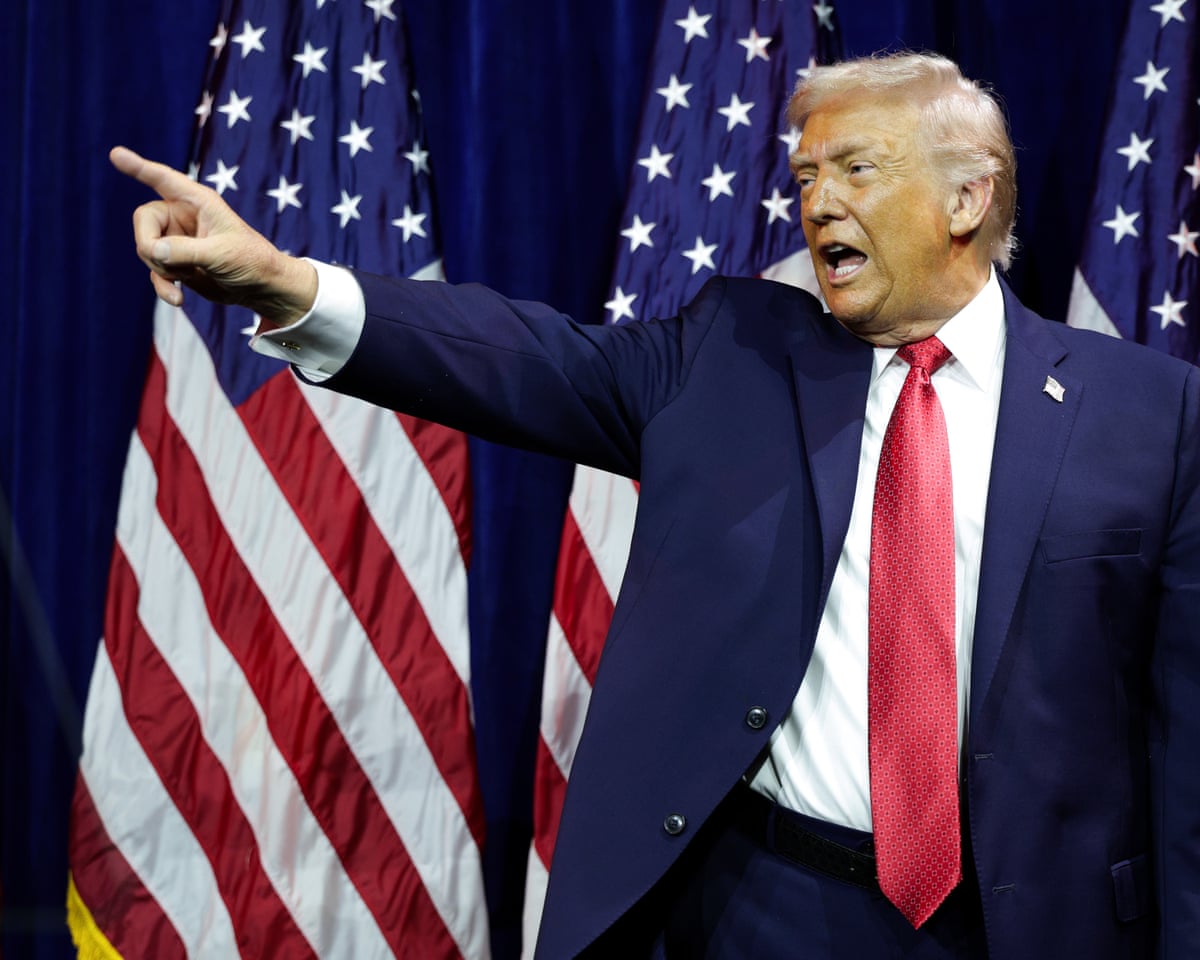
Leave a Reply